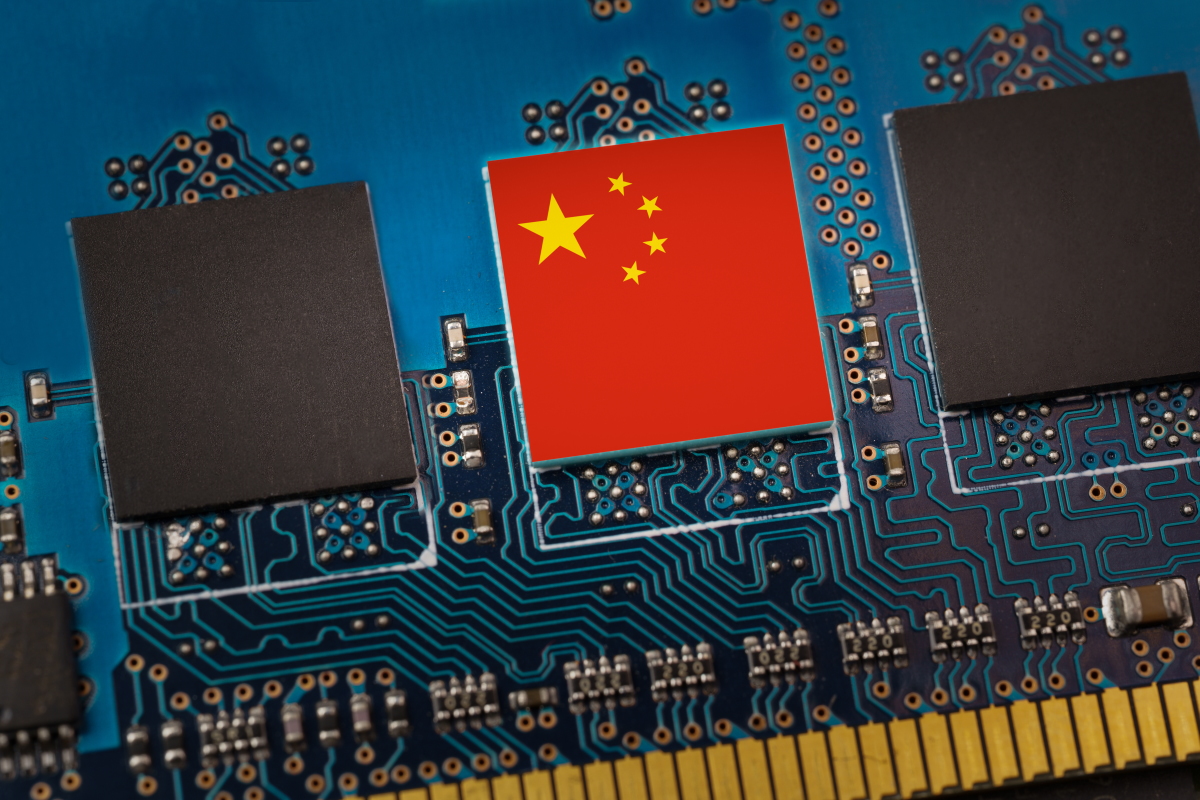China sees blockchain* technology dominance as a strategic move to its tech development journey. As one of its latest plans, China aims to become a world leader in blockchain technology by 2025. The country is doubling down on an ‘advanced blockchain industrial system’, as per the Ministry of Industry and Information Technology and Cyberspace Administration of China. Nation’s industry watchdog and cyberspace regulator published guidelines to accelerate the application and development of blockchain technology across the country’s economy and elsewhere.
This would be done by establishing industrial standards, tax incentives, and intellectual property protections to support the blockchain industry. The 2025 plans include building blockchain industrial parks, offering tax breaks for blockchain startups, and creating specialized higher education programs to foster talent in the blockchain technology field.
Furthermore, the country plans to expand the scale of that industry with a near-complete ecosystem by 2035, when blockchain will be deeply integrated with other information technologies such as the Internet, big data, and artificial intelligence.
As per industry experts, the latest central government direction will lead to a much-needed push for the country’s start-ups, by boosting a wide array of applications and industries.
China ahead in fostering blockchain industry
Blockchain is already playing a large role across China’s economy, being used in a wide variety of fields, such as smart cities and government initiatives. Thousands of companies have reportedly initiated blockchain projects in China, related to everything from retail banking to global shipping and supply chains.
According to Forkast Insights, the public and private sectors have worked hand-in-hand for blockchain technology development in the country, in contrast with the libertarian attitude on blockchain and cryptocurrency that is popular in the West.
China is home to around 75,000 enterprises doing business related to blockchain, according to data from Chinese business data search platform Tianyancha. This shows how quickly enterprises in China are adapting to blockchain enterprise deployment compared to their peers in the West. At least 73% of respondents in China viewed blockchain as a top-five strategic priority, for 2019 compared to 56% in the US, as per a survey of enterprises by Deloitte.
Furthermore, the third annual Blockchain 50 list 2021 compiled by Forbes in February this year, lists 6 Chinese firms, with Ant Group, Baidu, and China Construction Bank ranked among the top ten. The other three are the world’s largest bank, the Industrial and Commercial Bank of China, Tencent, and Ping An Group. These top 50 companies lead in employing distributed ledger technology and have revenue or a valuation of at least $1 billion.
China’s blockchain journey goes way back
China’s controlled, top-down approach to blockchain has led the country to move deliberately to rewire its economy with this distributed ledger technology, that it believes will be the future of the internet.
Along with the country’s aggressive international expansion in other major emerging technologies such as 5G, artificial intelligence, deep learning, and IoT, the Chinese government has identified blockchain technology development as an issue of national importance.
The country has been accelerating the adoption of blockchain as early as 2016. Blockchain-led development was mentioned both in the Chinese State Council’s 14 and 13th five-year economic plan. In 2019, President Xi identified blockchain will play a key role in the country’s digital economy and promised that blockchain would ‘lead the next wave of the digital transformation of China’.
Beijing steps up to boost blockchain development
As China’s first state-backed blockchain initiative, the blockchain infrastructure network by Red Date Technology was launched in 2020, aiming to be a one-stop hub for developers to build decentralized applications (dapps).
China’s Blockchain-based Service Network (BSN) also went live in 2020, aiming to move beyond reliance on the internet to provide a publicly available framework to build blockchain applications that share digital assets and data in a trusted network. The role of the BSN is to enable companies, government agencies, financial institutions, and others to create dapps at low cost. This was part of China’s plan to be the one and only infrastructure provider for blockchain firms around the world.
In another major initiative, the Chinese government launched digital yuan on one hand, and initiated the ban on speculative trading of virtual currencies on the other. China banned cryptocurrency transactions in phases since 2013, with the central bank’s announcement to accelerate the development of its own digital currency in mid-2019.
Furthermore, China’s blockchain ambitions have led the country to outpace the rest of the world in patent applications for blockchain-related technology. China is home to the most blockchain patent filings out of any market. According to Tokyo-based research firm Astamuse, China filed around three times as many such patents (7,600) as the US between 2009 and 2018. Since 2014 then, the Chinese central bank has filed 63 patents related to blockchain, while over 10,000 blockchain-related patents have been filed in China by the beginning of 2020, according to the China National Intellectual Property Administration.
*Blockchain explained:
The Enterprisers Project collected definitions from experts, here is what we found most helpful:
David Schatsky, managing director at Deloitte: “A blockchain is a digital and distributed ledger of transactions or decentralized database that keeps continuously updated digital records in real-time across a network of computers. Every transaction must be cryptographically validated before being permanently added to the ledger. Blockchain technology doesn’t require a central authority to approve a transaction.”










 Australia
Australia China
China India
India Indonesia
Indonesia Japan
Japan Malaysia
Malaysia Philippines
Philippines Singapore
Singapore South Korea
South Korea Taiwan
Taiwan Thailand
Thailand Vietnam
Vietnam Germany
Germany Hong Kong
Hong Kong USA
USA Switzerland
Switzerland Singapore
Singapore
 United Kingdom
United Kingdom







